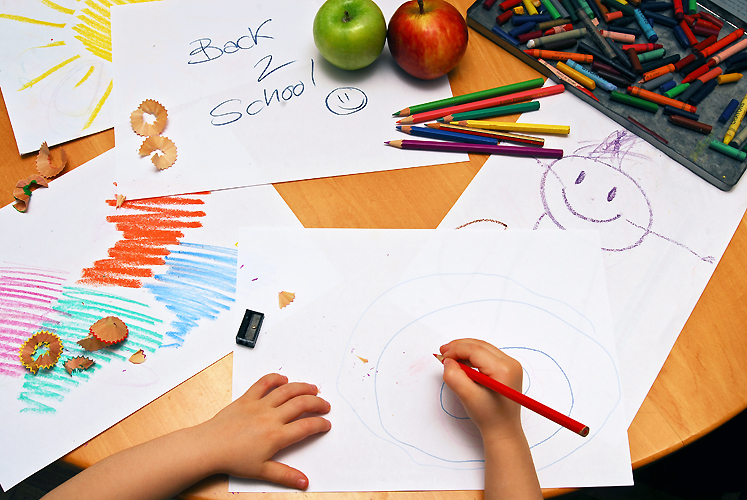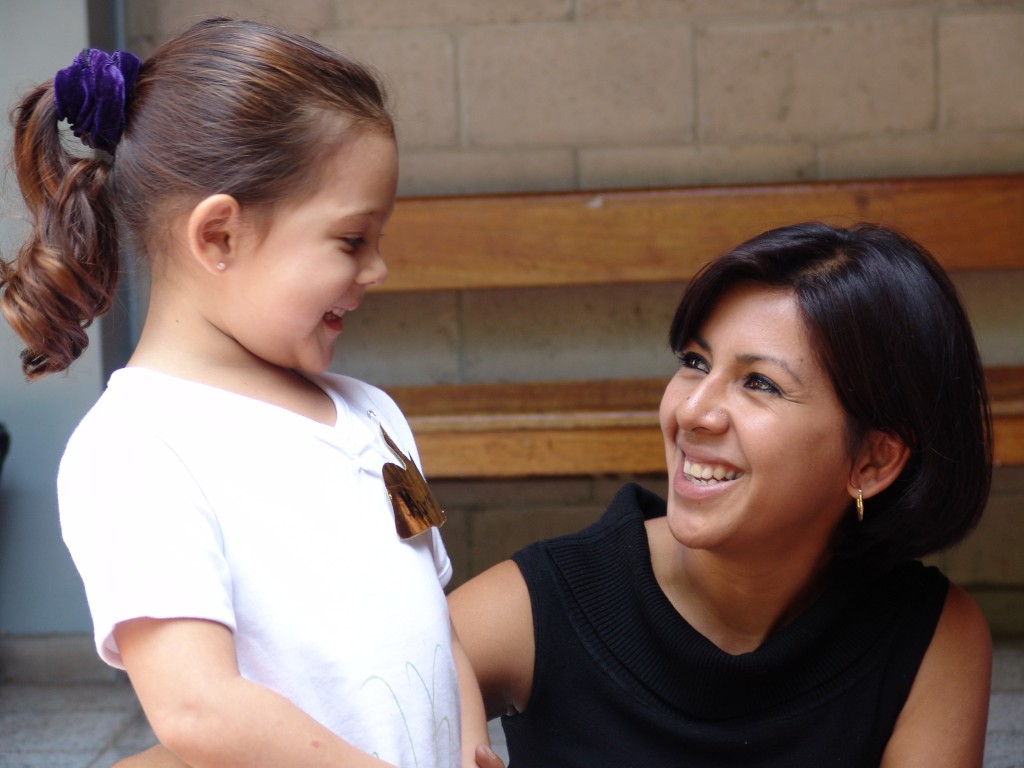
Photo by © cienpies.net
Why you should attend school open evenings
Photo by © cienpies.net
When you send your child to a school, you know from the off that they are going to spend many years there. If you don’t make the right decision this can have a devastating effect on your child’s happiness, their educational and social progress and their lives and careers after their education there has finished.
The decision of which school to choose needs to be an informed one and the best way to find out is to go to school open evenings and take your child with you. I would also recommend that you visit at least two different schools so that in making your choice you have something to compare.
What to look for at an open evening
The School Talk
Open evenings usually start with a talk by the headteacher or principal and there’ll be time after to discuss things with senior leaders and key staff like the Special Needs Coordinator and your child’s potential Head of Year.
Headteachers live in ‘Eduworld’ and you’ll often be given an overlong presentation with lots of statistics full of educational jargon. Try glean what you can from this, but a good talk will discuss the students as much as it does exams results and inspection findings.
The most important thing is to make a note of anything that you are unsure about and speak to someone about it before you put in your application.
Things you should want to know:
- Does the school have the same values at your family?
- What was their last inspection result?
- Are results improving over time?
- The percentage of students meeting or exceeding what is known as ‘Expected Progress‘. (The percentage of students making 3 or more levels of progress during the time they were in the school.)
Below are specific questions, which if they apply to your own circumstances, you should want to ask. The school will have the statistics for them.
- How do results for children with special needs compare to the rest of the school?
- How do results for low-income families compare?
- How do results for other groups compare? (English as an Additional Language, children from minority backgrounds, etc.)
- How do boys compare to girls?
For parents of students with Special Needs, it’s crucial that you speak to the special needs coordinator.
- How does the school work with the particular special need your child has?
- What support will they be given?
- Will they have access to facilities to help them?
- Will they have in class support from a teaching assistant? If so, how much and is this guaranteed? (This is particularly important if your child has a Statement of Educational Needs.)
- Is the school fully equipped so that your child can participate in all activities?
The School Tour
 A good school will put on a good show. You should be given the opportunity to look around, either as part of a guided tour or on your own. A really good school will be showcasing their students and the work of individual departments. There will be children performing music and drama, an exhibition of artwork, science experiments and sports activities. Technology departments will have equipment on display and a range of the products students have made. In the other departments, there will be displays of textbooks, resources, kids’ work, perhaps even sample lessons taking place. There should also be time to look at the facilities the school has to offer such as the canteen, library and IT centres.
A good school will put on a good show. You should be given the opportunity to look around, either as part of a guided tour or on your own. A really good school will be showcasing their students and the work of individual departments. There will be children performing music and drama, an exhibition of artwork, science experiments and sports activities. Technology departments will have equipment on display and a range of the products students have made. In the other departments, there will be displays of textbooks, resources, kids’ work, perhaps even sample lessons taking place. There should also be time to look at the facilities the school has to offer such as the canteen, library and IT centres.
This is what you would expect in a school that is proud and enthusiastic about itself and its students. If all you get to do is stroll around dimly lit corridors and poke your head through the doorways of drab classrooms, then what does it tell you about the enthusiasm with which they will teach your children?
Ask yourself:
- How well resourced is the library?
- How up to date are the IT facilities?
- How abundant are IT Facilities? (Many schools struggle to meet the needs of all students to get on a computer when they need to.)
- How good are the science, technology, sports, art, and performing arts facilities?
- What condition is the building in?
- Are there graffiti and vandalism?
- How up to date and colourful are the wall displays?
- What are the facilities for students at break and lunchtimes (inside and out)
- How large and clean is the canteen?
- How healthy is the menu?
- How clean is the school? (Take a look in classrooms not used for open evening)
- What are the Special Needs facilities like?
- What facilities are in place for students removed from class for poor behaviour to continue their learning.
Meet existing students
Another aspect of a good school is that parents and prospective students are often given the chance to meet existing students – sometimes they are guides, sometimes they are taking part in activities. Remember that these students will be the best the school has got: kids who volunteer to come back in the evening and who have been handpicked by the staff because they represent the ‘corporate image’ that the school is trying to promote. If these students are running amok around the school, what are the rest of the students like?
Ask yourself:
- How well presented are the students?
- How polite and well behaved are they?
- How confident are they?
- Do they have high expectations of themselves?
Ask the students about:
- behaviour in the school
- bullying
- their favourite subjects
- least favourite subjects
- how they rate the quality of teaching
- opportunities for extracurricular activities
- what they like best and least about the school
- school meals
- homework
- facilities
- what things the school could do better
- the pupil-teacher relationships in the school
- the other children in the school
Meet the teachers
This is a perfect opportunity to ask questions, especially subject specific ones. Pay particular attention to subjects your child especially enjoys.
Ask about:
- teaching methods
- number of students in each class (especially exam classes)
- how many hours a week a subject is taught
- expectations for homework, classwork and behaviour
- how students are rewarded and punished
- general classroom and corridor behaviour around school
- whether they think the school is improving
- departmental results
Other families looking around
You can learn a lot from talking to existing parents and there are always some parents at open evenings who already have an older child in school and can talk to you with experience. Try talking to different parents to get different points of view.
Another thing to look at is the other families looking around the school. In order to fit in, your child will have to work and play with those children. They may socialise and befriend each other.
Ask yourself :
- Are these the types of children who my child will easily make friends with and settle in?
- Would I want my child making friends with these children?
- Will these families have the same set of values for raising their children as I do?
- Will my child feel comfortable working alongside these children?
Other things to consider
Open evenings are not the only thing to base your decision upon, but they are your main opportunity to see the school and get to know it first hand. However, I would also recommend the following.
- Ask to be given a tour around the school on a normal day (if a school won’t do this for you, they have something to hide!)
- Read the last inspection report. In the UK this can be downloaded from Ofsted
- Look the school up in the local and national performance league tables
- Drive past the school at closing time and see how the students behave and are dressed as they are leaving.
- Is the school in a good neighbourhood? Does it have issues with drugs or violence?
- Is the school too big? Some children would be happier in smaller schools.
Finally
There are, no doubt, more questions that will come to mind as you read these and it’s important that you ask questions to make sure you make the right decision. At the end of the day, though, no school is perfect and all schools, even those in Special Measures, have their good points. The important thing is not the school but whether the school is right for your child – and every child is different.
Find this article helpful? Share with your friends or sign up for our newsletter for more articles.
.




